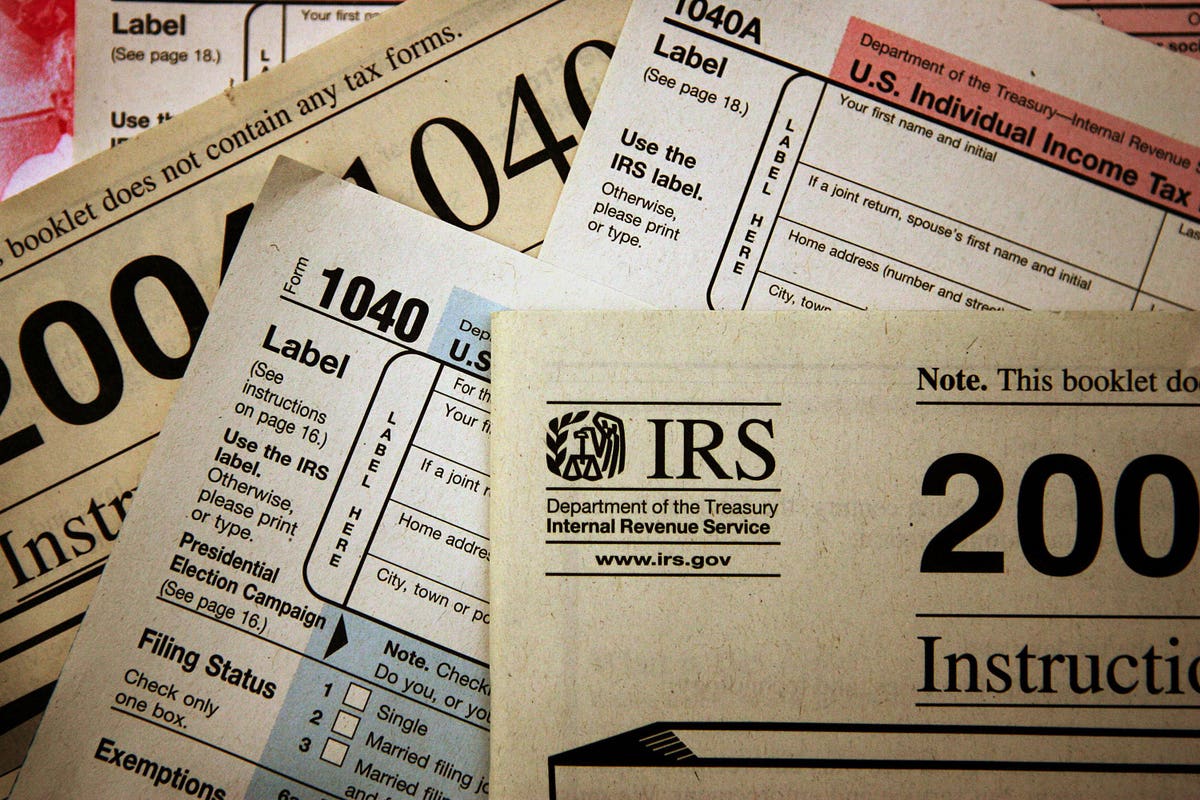I’ve received so many letters from the IRS, I know the drill. I find out what they are seeking and work through their process.
But most people freak out when they get an IRS letter. Take a deep breath. This is what you need to know:
Read the letter carefully. Most IRS letters and notices are about federal tax returns or tax accounts. Each notice deals with a specific issue and includes any steps the taxpayer needs to take. A notice may reference changes to a taxpayer’s account, taxes owed, a payment request or a specific issue on a tax return. Taking prompt action could minimize additional interest and penalty charges.
Review the information. If a letter is about a changed or corrected tax return, the taxpayer should review the information and compare it with the original return. If the taxpayer agrees, they should make notes about the corrections on their personal copy of the tax return and keep it for their records. Typically, a taxpayer will need to act only if they don’t agree with the information, if the IRS asked for more information or if they have a balance due.
Take any requested action, including making a payment. The IRS and authorized private debt collection agencies do send letters by mail. Taxpayers can also view digital copies of select IRS notices by logging into their IRS Online Account. The IRS offers several options to help taxpayers who are struggling to pay a tax bill.
Reply only if instructed to do so. Taxpayers don’t need to reply to a notice unless specifically told to do so. There is usually no need to call the IRS. If a taxpayer does need to call the IRS, they should use the number in the upper right-hand corner of the notice and have a copy of their tax return and letter.
Let the IRS know of a disputed notice. If a taxpayer doesn’t agree with the IRS, they should follow the instructions in the notice to dispute what the notice says. The taxpayer should include information and documents for the IRS to review when considering the dispute.
Better yet, if you’re working with a tax preparer, always forward the letter to them. The competent preparers can take care of it with no drama — and often at no charge.
One key thing to remember: The IRS will contact you through snailmail. If someone texts, emails or calls you — and claims to be from the IRS — it’s a scam.
Read the full article here


